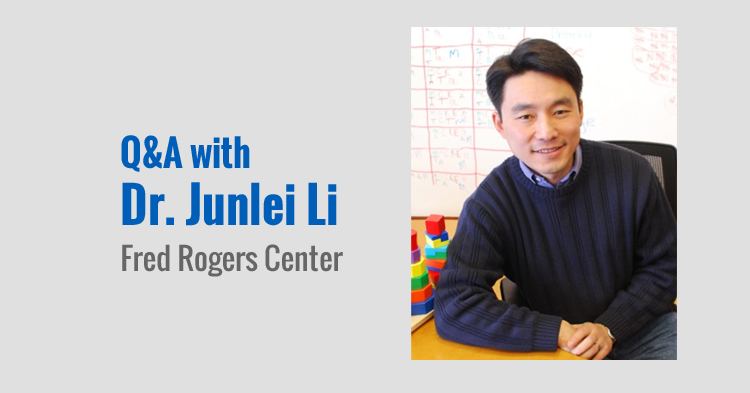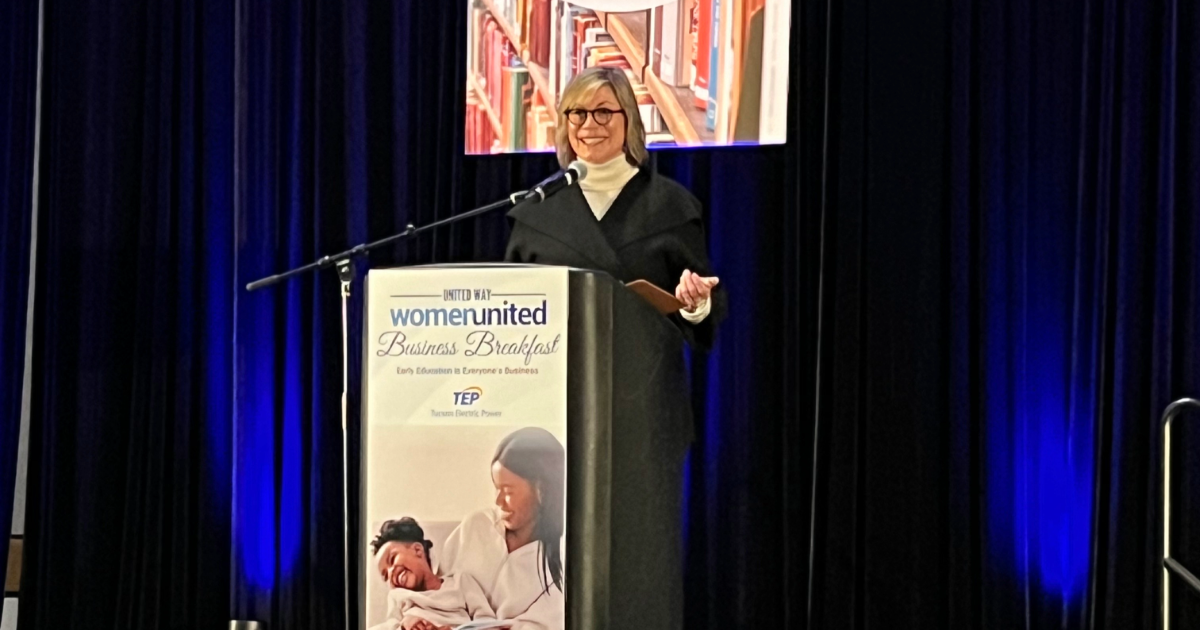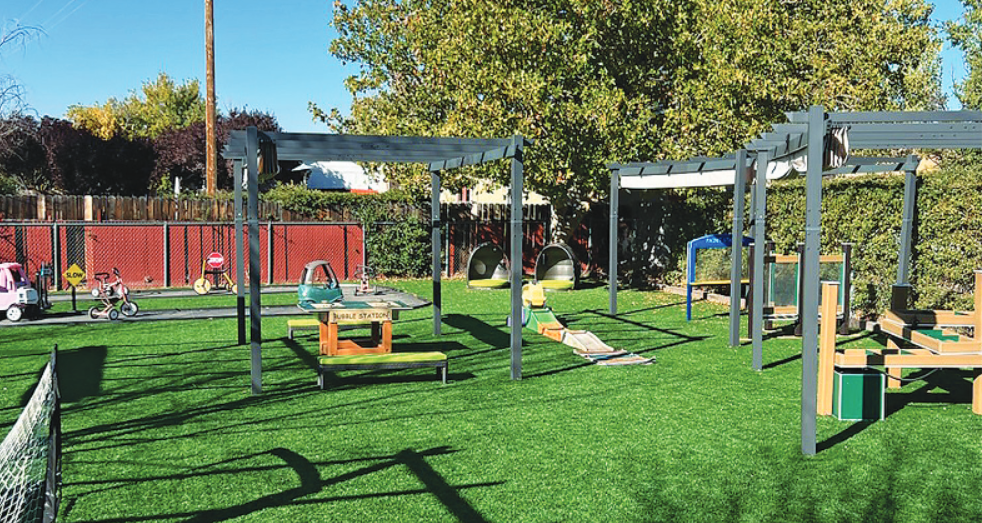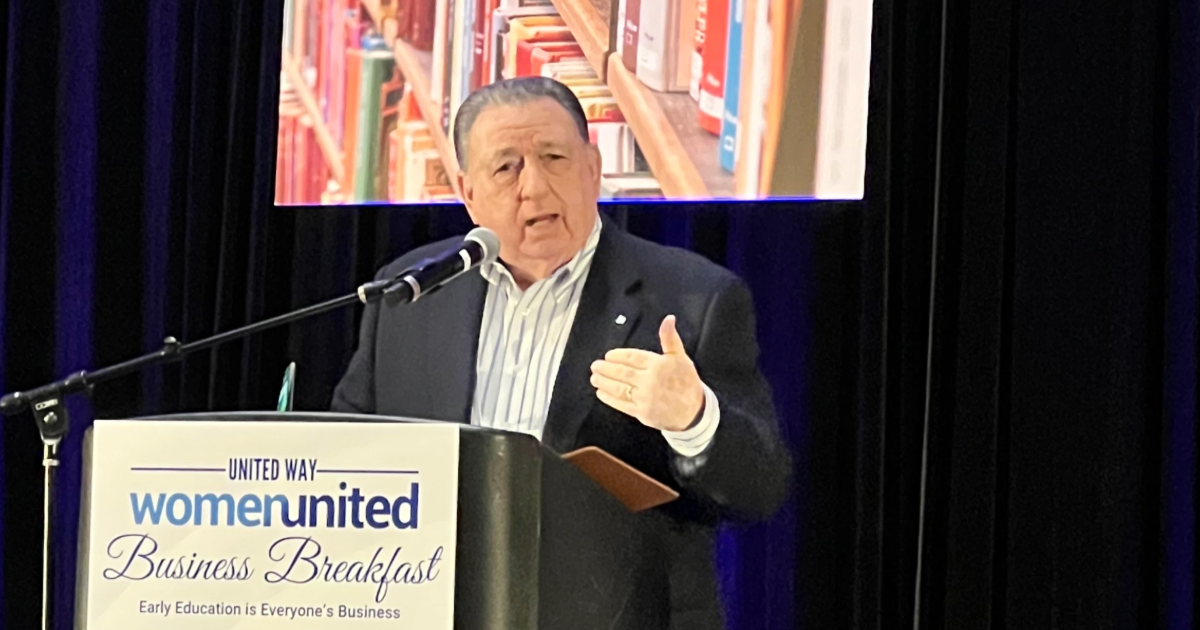
Junlei Li, Ph.D., is the co-director and resident faculty member of the Fred Rogers Center and will be the opening keynote presenter at the FTF Early Childhood Summit 2017, to be held August 28-29 in Phoenix.
To learn more and register for the Summit, please visit summit.firstthingsfirst.org.
What’s happening in a child’s brain in their first five years of life? Why is this time so critical to a child’s long-term development?
One word, “connection,” captures for me what is happening inside and what is needed from the outside for a young child’s brain. The brain cells are rapidly growing and building connections on the inside, and what the brain needs is a reciprocal connection with the external world – from its sights, sounds, touches, and most importantly, love and affection through the smiling faces and gentle touches and the responsiveness of the caregivers. While I believe so strongly that each time period has its own unique purpose and importance in the course of human development, I feel that the first few years of life offers each child life’s first lessons about the kind of world we all live in. The first few years of life teach a child deep and meaningful lessons about questions that stay with us for a lifetime: Do I matter to someone? Am I worthy of being loved? Can I learn and grow at my pace? Do I belong here? Am I capable of offering happiness to those around me? Is there someone out there who loves, accepts, and values me for what I am right here and right now?
You often talk about the power of human connection. Can you expand on this?
Mister Rogers refers to the space between one human being and another (even across the television space) as “holy ground.” In every single human interaction, there is the potential for something both ordinary and beautiful to happen. With a child, we have seen in so many different places around the country and the world, that caring people can offer children at least one of the four following elements of what makes a human interaction work: being present, give and take, an opportunity to stretch and grow, and a sense of belonging. It does not matter if we are teaching mathematics or changing diapers, what works for us and our children revolves around these simple principles.
How can parents and families promote their young child’s healthy development?
Trust that you have what it takes to be the caregiver and caretaker of this young child. Your resources may be scarce at times. Your patience may be too if you feel otherwise stressed. Your child may not always respond to you the way you hoped, or the way someone else or some book told you they would. But please know that you do not have to be the “perfect” parent. Know that even as your child learns and grows, you learn and grow as a parent too. Trust that the simplest, most ordinary things you do, far from the fancy and glitzy and spectacular gestures, are what matters the most. The greatest gift you can offer anyone, said Mister Rogers, is your honest self. It is your honest self who can listen, who can notice, who can comfort, who can embrace, and who can acknowledge mistakes and still feel hopeful for another day of learning and growing with your child.
You’re very involved in improving science education in the classroom. Why do you believe it’s so important to provide children these opportunities?
Let me first say what I do not believe. I do not believe that every child has to be a professional scientist or engineer to “count” in life. For me, the essential goal of science education is neither jobs nor global competition. My parents were scientists. I was an engineer. But now I feel so lucky to be a developmental psychologist who works with teachers and children. There are so many ways to serve the world, as many as there are unique children. What science education (or any in-depth education in a discipline like music, history, mathematics, arts) does at its very best and most noble is empowerment. It gives the child a sense that there are many things in the world that are knowable. There are many questions yet to be answered by grown-ups and experts, and there is a place for the child – if he or she so chooses – to be part of the proud tradition to ask questions of nature and to turn answers into real solutions that can make people’s lives better. Especially for children who may not feel they have that sense of power and control over their own lives, that their questions may not be welcomed or honored, science education and exploration is an oasis in which they can ask questions and look for answers. That is my experience of growing up with two scientists as parents in a third-world country and teaching science along with teachers in urban neighborhood schools.




